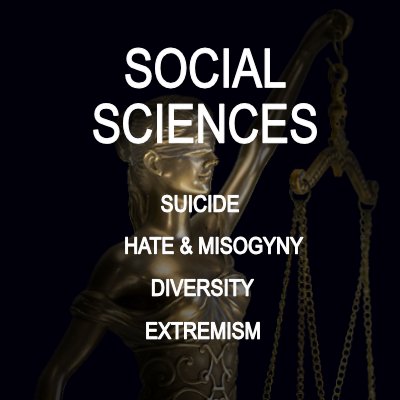By Kate Holland, Kieran McGuinness, Kerry McCallum
This report documents findings and recommendations from the ‘Understanding Gambling Harms in the Digital Age’ research project (2022-2024) funded by the ACT Gambling and Racing Commission’s Harm Prevention and Mitigation Fund. The research aimed to explore community knowledge and awareness of gambling harms and to develop an evidence base for public communication strategies to inform the Commission’s work in educating the public about gambling harm.
Structure of the report
Section 2 reviews contemporary national and international research on gambling harm and the shift from what has been a focus on ‘problem gambling’ and ‘problem gamblers’ as the evidence base for the harmful effects of gambling, to a public health approach that recognises the full spectrum of gambling harms within the community. This includes any negative outcomes of gambling behaviour impacting on financial, relationship, health, emotional, work, cultural or criminal circumstances of the gambler or those associated with the gambler. The report discusses evidence regarding the prevalence and types of harms of different modes of gambling, attitudes and beliefs about gambling and gambling harm, gambling advertising and different harm prevention and communication strategies.Sections 3 and 4 focus on the research findings which show many participants view gambling as harmful to the community but they also recognise that gambling is a normalised activity and part of everyday life, work, social and family relationships for many people. Many believe gambling advertising normalises gambling as a fun and social activity and support further restrictions in this area. Participants tend to associate harm from gambling with financial and relationship harms, extreme consequences and addiction. Stereotypes about who experiences gambling harm were evident and stigma was seen as a barrier that may prevent people from recognising harm, talking about it and seeking help. Section 5 of the report details findings of the final phase of the research, which involved developing and testing messages about gambling harm based on findings from earlier research phases. The themes ‘gambling harm can affect anyone’ and ‘gambling products, services and advertising are designed to keep you spending’ had the most engagement, resonance and impact with focus group participants. We discuss elements of gambling harm messages that worked and why. The final section of the report synthetises the research findings and provides 10 recommendations and advice on messaging content, design and implementation to assist the Commission in its efforts to reduce gambling harm through public health communication and education activities.
Canberra: University of Canberra, 2024.


